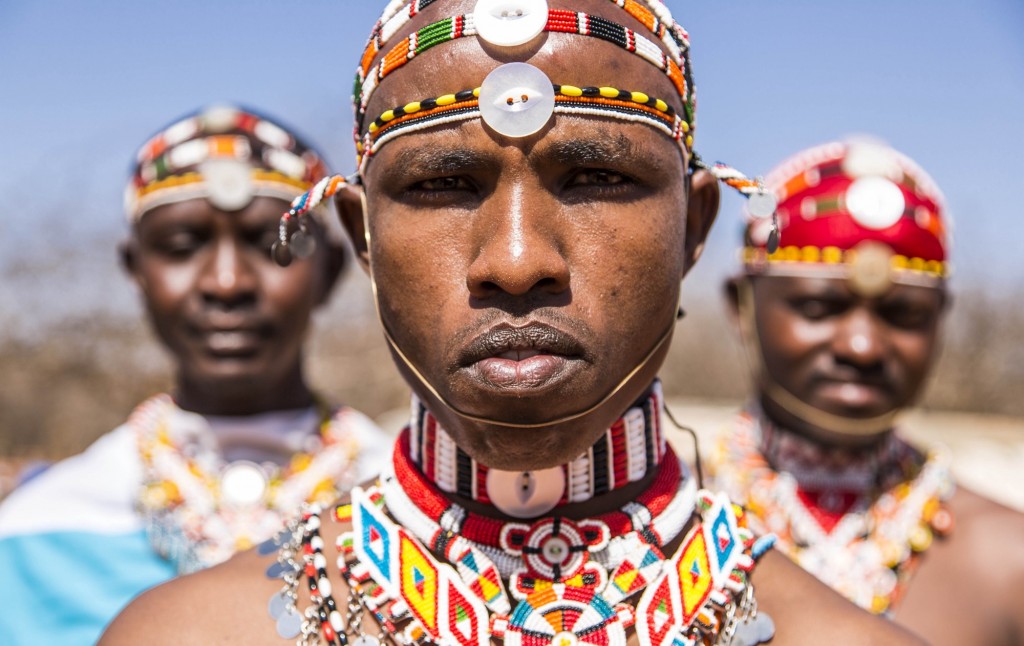
“We protect our community, that’s our first big responsibility.”
Twenty-five-year-old Josephat is a “moran” — a young male warrior — from Samburu, northern Kenya.
In Samburu culture, young men become morans between the age of 16 and 18. They stay morans until they’re around 30-years-old when they are allowed to marry and become elders.
Warrior fashion is very distinctive, often using red cloth and bright beads. For warriors, the ideas of beauty and strength are strongly linked and the colourful beadwork represents stories of courage and triumph over enemies.
“As well as offering protection, we also have other responsibilities,” continues Josephat.
“We herd livestock and sometimes we make decisions and settle disputes. But providing security is our primary role.”
As well as traditional forms of protection — for example from tribal clashes and raids — Josephat is also helping to keep his community safe in other ways.
Alongside two local warriors, Matthew and Robert — and other members of the community — Josephat is campaigning to end female genital mutilation (FGM).
Female genital mutilation is a procedure that intentionally alters or causes injury to the female genital organs. It is a deeply embedded social norm that is thousands of years old. It happens for a range of reasons to do with becoming a ‘proper’ woman and is often considered essential for marriage.
“I’ve seen so many complications as a result of FGM,” says Josephat. “When my own sister, Bella, was cut she experienced a lot of bleeding and had to go to hospital for a week. I saw how FGM could ruin someone’s life and I thought it was important for me to take the initiative and work to abandon the practice.”
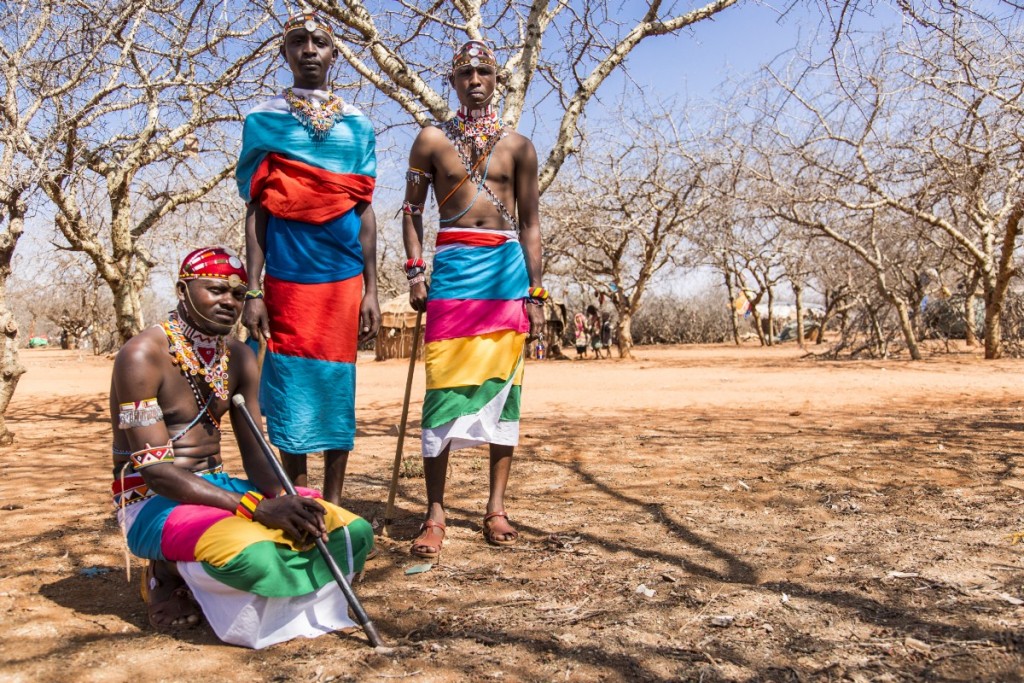
25-year-old Robert (left), 26-year-old Matthew (middle) and 25-year-old Josephat (right). Picture: Jessica Lea/DFID
Josephat learnt how to speak to people in his community about FGM through the Pastoralist Child Foundation — a project supported by UK aid via the UN Joint Programme.
The Pastoralist Child Foundation — or PCF — aims to end FGM and child marriage in Kenya through community action and education. It’s managed by young, educated women and men and respected Samburu warriors like Josephat, Matthew and Robert.
“We have played a very great role in the campaign to end FGM. We have taken the initiative and spoken to our fellow morans, with women and even the elders to educate them,” says Josephat.
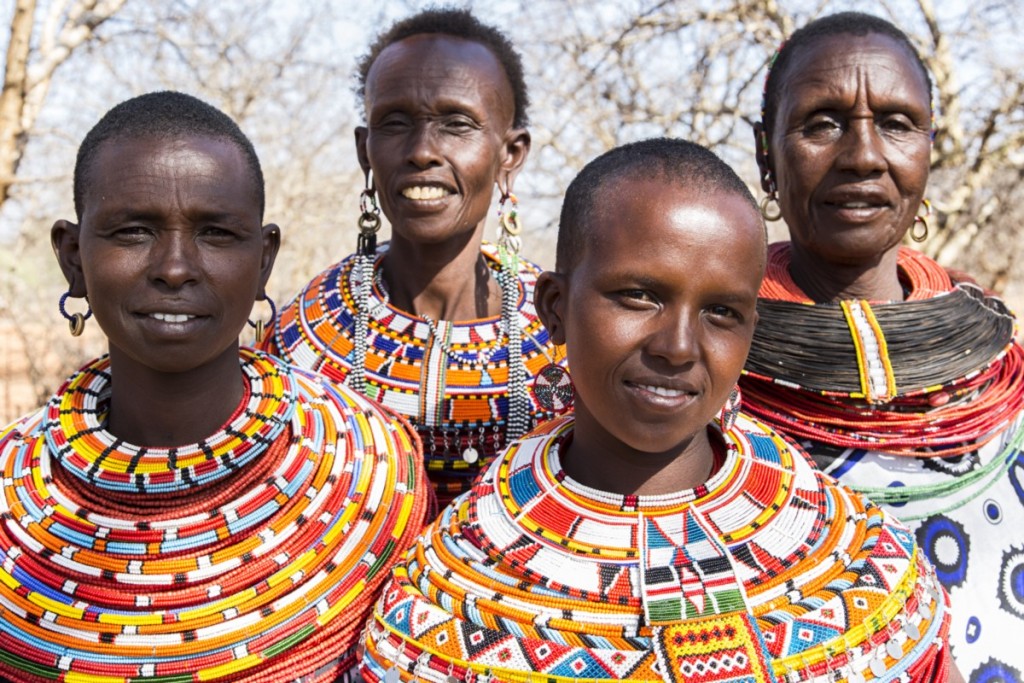
Women from Josephat’s community, including one of his sisters (front, right). Picture: Jessica Lea/DFID
Young warriors are respected and have influence in the community so Josephat, Robert and Matthew have spent time working with other morans.
“Morans are youthful. So we’re not too strict or critical and we often use videos or social media to talk to them. If we run an activity or have a talk with other warriors, we’ll post about it and we’ll hear the views of others.
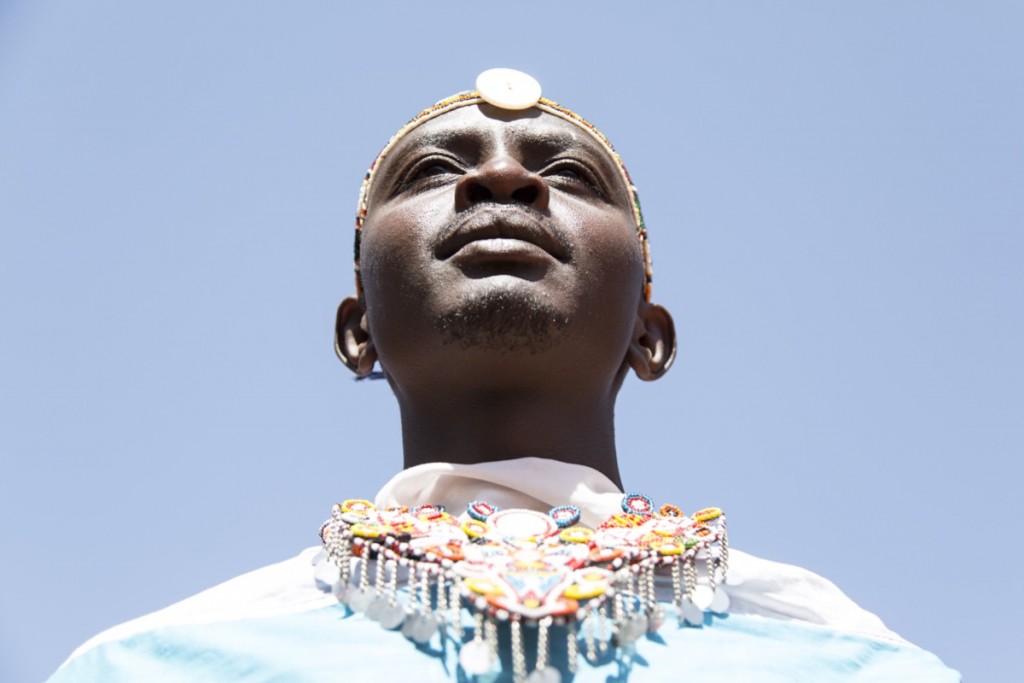
“And then we see a comment or question being posted — we’ve never met this person but they’re supporting us and it shows you how, with time, things will change.”
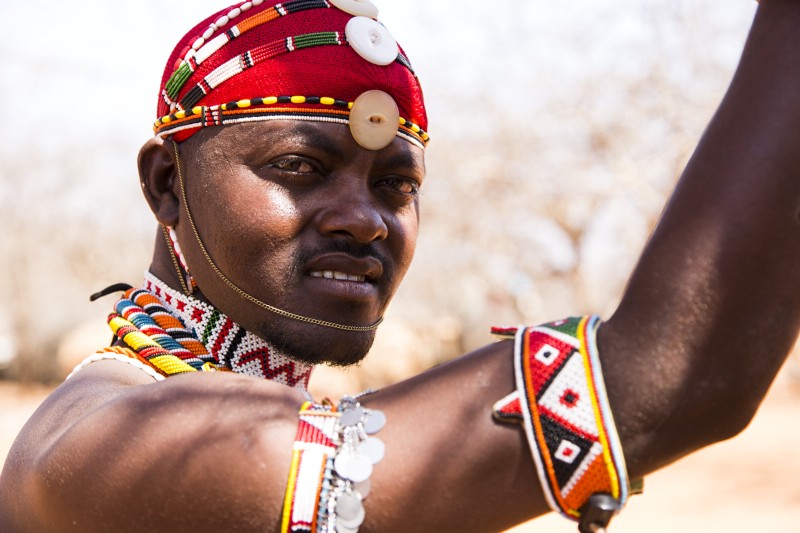
Breaking the cycle
As well as campaigning in the community, warriors like Josephat, Robert and Matthew make public declarations that they will marry uncut girls, breaking a cycle that has existed for thousands of years.
But Josephat is not the only member of his family to fight against FGM. Josephat’s mum, Leah, is also working hard to end the practice in her community. She remembers her oldest daughter being cut and uses the experience to explain to other women why they should abandon FGM.
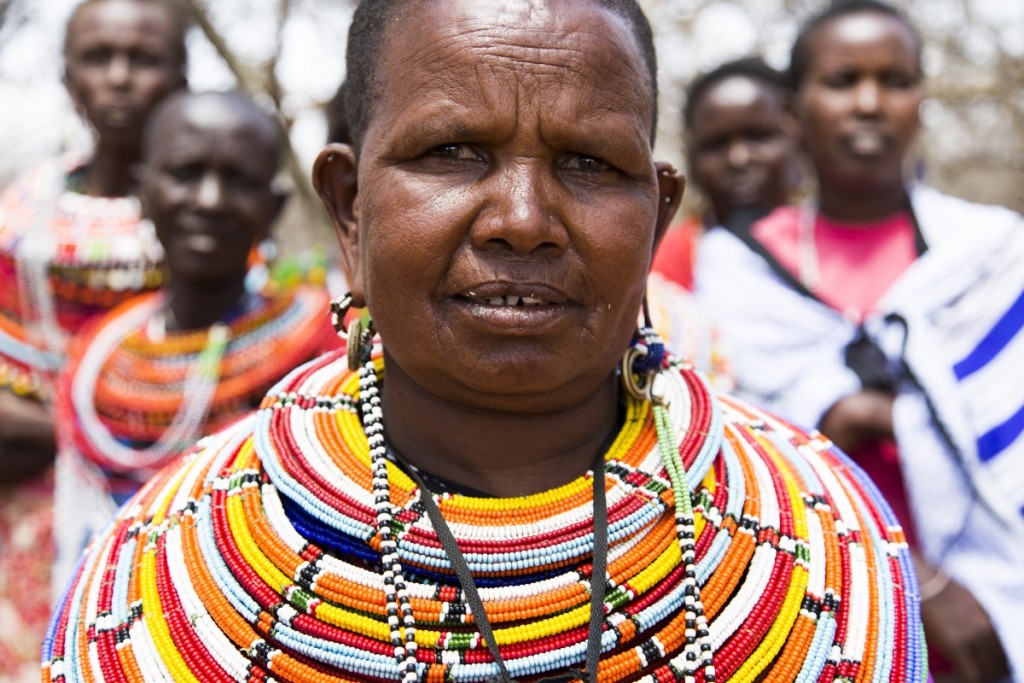
“My daughter Bella was cut because that was part of the culture — every girl was being cut.
“I remember her bleeding so much. She passed out and I screamed and shouted for help. We didn’t have a car so we had to take her to hospital in a wheelbarrow. I could have lost my daughter.
“These days I chair a group of 23 women. I talk to these women about ending FGM in the community and then they go out and talk to others. Without these women, there would be no change.”
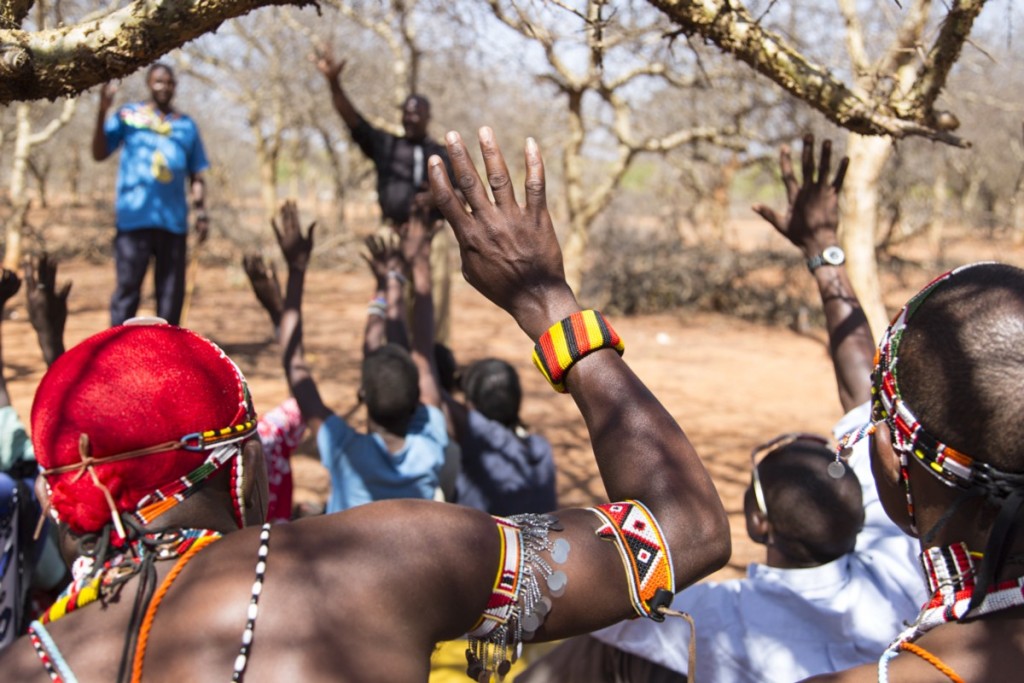
Collective decision
From girls and boys to religious leaders, teachers and elders, PCF works with the whole community to ensure that the decision to stop the practice is collective. This public, group decision is the key to lasting change.
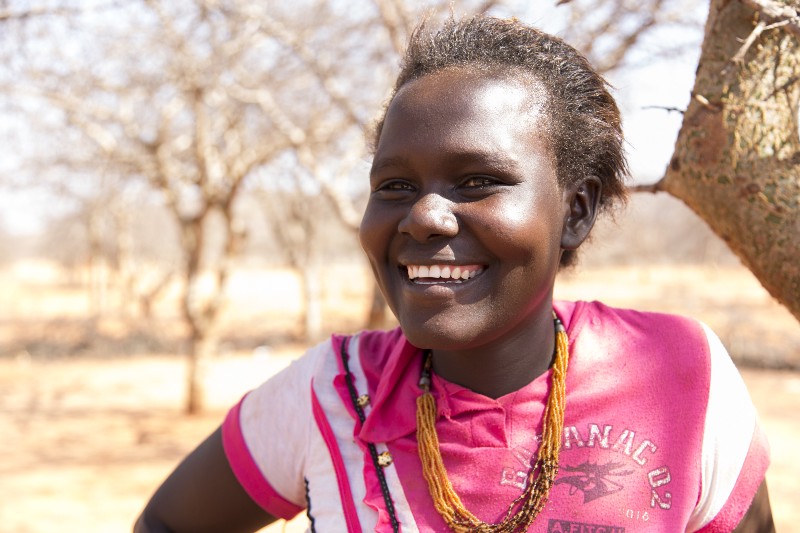
Twenty-one-year-old Bella is proud of the work her mum and brother are doing and is also a powerful voice against FGM.
“I know girls who have avoided getting cut thanks to my mum,” she says. “And uncut women are able to get married now, which is positive. I won’t cut my daughter — I don’t want her to go through what I did. And I’m so happy my younger sister won’t be cut.”
Thanks to the work of PCF, Josephat and his mum, and many other community campaigners, a new generation of girls are avoiding FGM. And as a result of the education and open conversations, they know their rights.
“I won’t undergo the cut,” says Josephat and Bella’s youngest sister Juliana. “I’ve seen that other girls are saying no, and I say no too.”
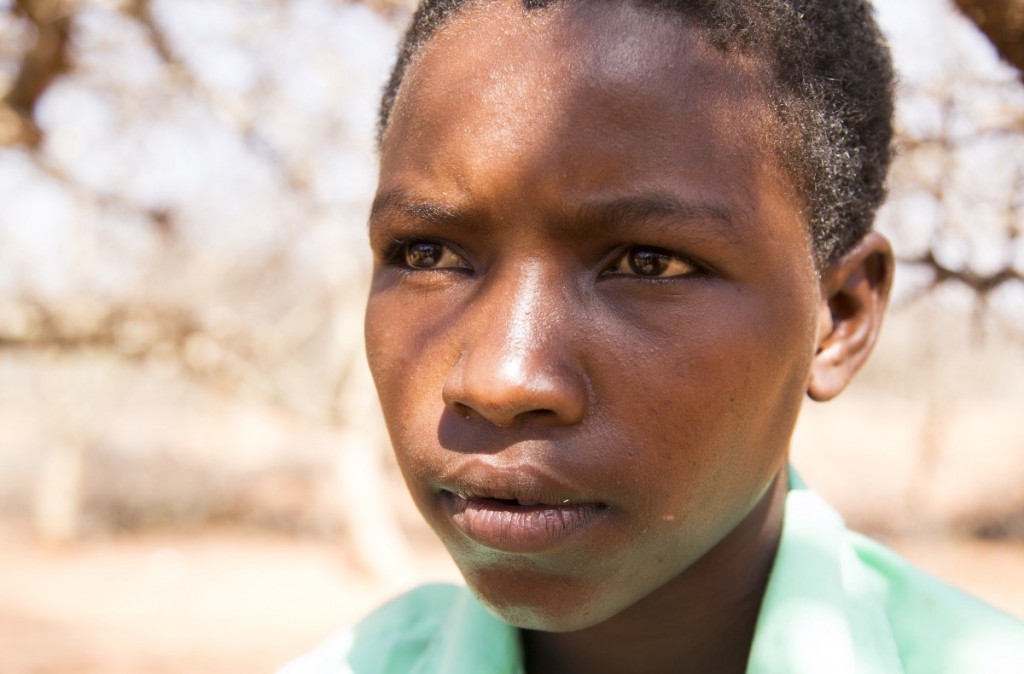
March 8th marks International Women’s Day. It is a time to celebrate people like Leah and Josephat who are working hard to create better opportunities for the girls and women in their communities.
It is also a chance to uphold women’s achievements, recognise challenges, and focus greater attention on women’s rights and gender equality.
FGM — the numbers behind the people
> Globally, at least 200 million girls and women have been cut and more than 30 million girls are at risk over the next decade. In Samburu, where Josephat and his family live, 86% of girls and women undergo FGM.
> The UK is supporting an African-led movement to end FGM. In 2013, DFID made the largest donor commitment ever to ending FGM, with a flagship regional programme of £35 million over 5 years, and an additional £12 million commitment in Sudan.
> With support from UK aid and other donors, more than 13,000 communities — over 10 million people — have pledged to ban FGM altogether.
> £20m of DFID’s overall £35m flagship FGM programme is delivered through the UNFPA-UNICEF Joint Programme which funds targeted community-level programming like the Pastoralist Child Foundation. The work aims to create a tipping point so that FGM is no longer seen as the socially acceptable thing to do, with communities taking their own decision to abandon the practice.
As well as campaigning in his community, Josephat works for PCF as a project manager. He has a degree in education and trains a local football team in his spare time.
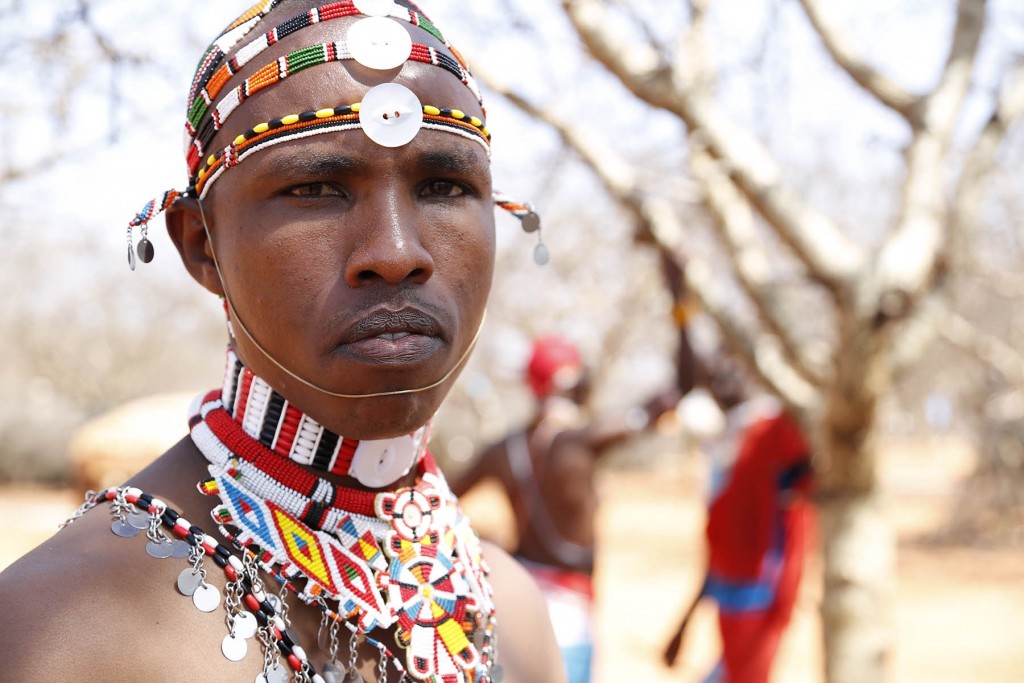


One Response
These photos are breathtaking! But more importantly, you can feel when real change is about to take place. The voices of the men are becoming less inaudible on FGM and the sounds of their beat towards change though yet still only a rumble, I trust is only a matter of time will rise to a level of the women on this awful practice